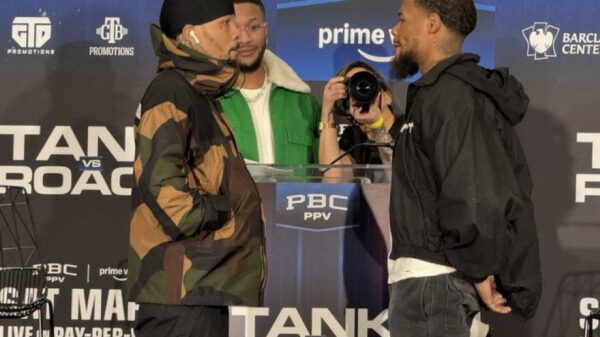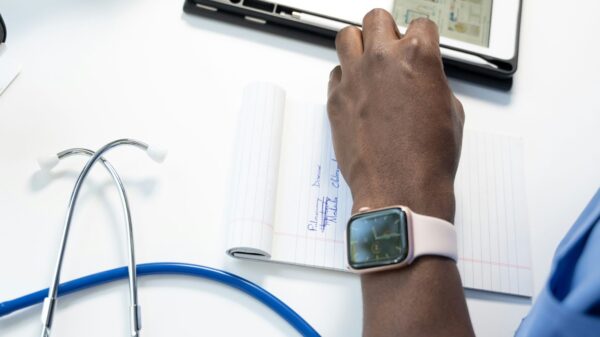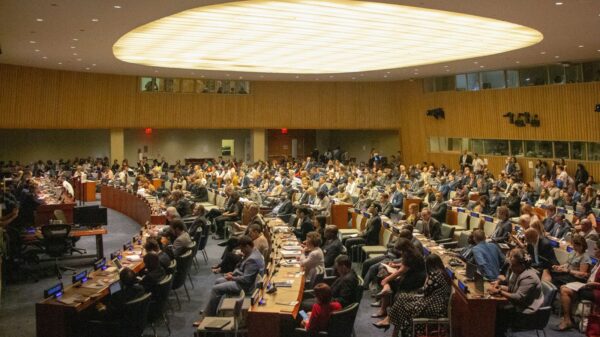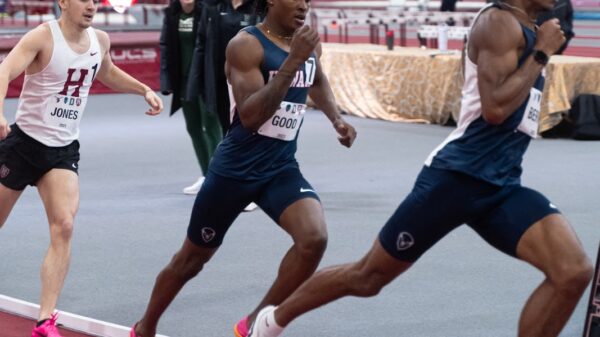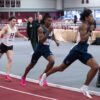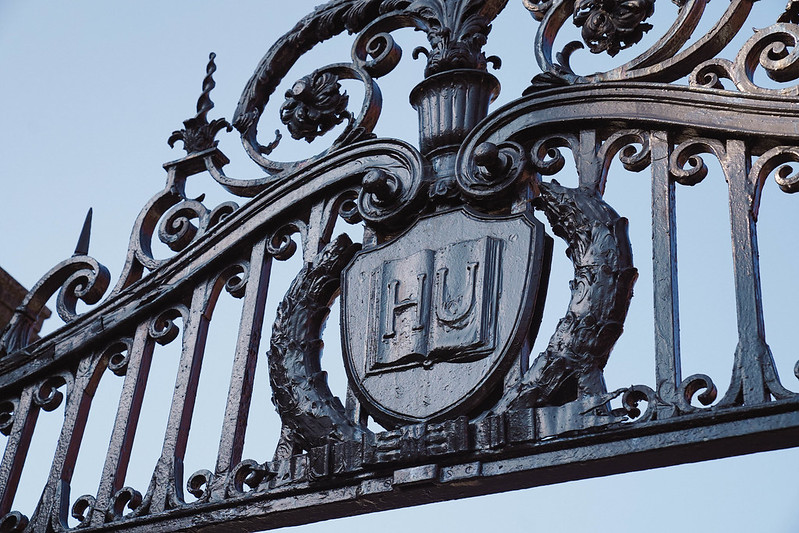
In the wake of the Supreme Court’s decision to ban race-based affirmative action, Howard has seen a significant rise in Black freshman enrollment, reflecting a broader trend across historically Black colleges and universities (HBCUs).
As many predominantly white institutions (PWIs) report sharp declines in Black and Hispanic student enrollment, HBCUs are experiencing a surge in applications, according to Inside Higher Ed. Howard applications jumped from 20,283 in fall 2022 to 30,996 in fall 2023.
Gabrielle Bailey, a freshman nursing major from the Bronx, initially applied to Cornell and Columbia, believing her 4.0 GPA would make her a strong candidate for admission.
Bailey said her proximity to home influenced her decision to apply to schools in-state. However, after the Supreme Court banned affirmative action, she felt unsure about attending those institutions.
“When I found out they had banned it, I was taken aback,” Bailey said. “I thought we were all on the same page that affirmative action wasn’t giving an advantage. It was leveling the playing field.”
Ultimately, Bailey chose Howard, where she said she feels a greater sense of belonging.
“At Howard, I don’t have to code-switch. I have friends at home who have to code-switch every day, and there aren’t many organizations where they feel represented,” she said.
Her experience echoes that of many Black students who are turning to HBCUs for a sense of community and cultural affirmation some PWIs struggle to provide.
While Howard has seen a notable increase in applications and enrollment, elite institutions like Brown University have faced a different reality. For the Class of 2028, Brown reported a 40 percent drop in Black freshman enrollment and a 29 percent decrease in Hispanic students.
The Journal of Blacks in Higher Education (JBHE) confirmed similar declines at other highly selective PWIs, such as MIT and Tufts, following the Supreme Court ruling. MIT’s Black, Hispanic, Native American and Pacific Islander undergraduate enrollment dropped from an average of 25 percent for the Classes of 2024 through 2027 to just 13 percent for the Class of 2028. At Amherst college, the Black student enrollment plummeted from about 11% for the Class of 2027 to only 3% for the Class of 2028.
However, HBCUs like Hampton Unviersity, where the applications rose from 13,000 from the Class of 2027 to 17,000 from the Class of 2028 and Alabama State University, where the new student enrollment rate increased by 12.5%, are seeing an influx in Black student interest.
In light of Howard’s application surge, Oliver B. Street III, Howard’s associate vice president of enrollment management, said, “Howard has also increased the number of application readers and is looking to increase the number of full-time admissions personnel to enable the university to meet the growing needs of maintaining a robust and diverse applicant pool.”
Aisha Tahiru, a sophomore computer information systems major and Spanish and international affairs minor at Howard, echoed the frustrations of many students in response to the affirmative action ban.
Tahiru, who applied to a range of prestigious schools, including Johns Hopkins, UCLA, Emory and UChicago, was only accepted into UCLA and chose Howard for its strong academic offerings and proximity to home.
She believes the affirmative action ruling represents a major setback.
“It’s a poor and ignorant decision,” Tahiru said. “It’s shameful and a sign of retrogression in this country.”
The impact of the Supreme Court ruling is also raising concerns at PWIs, where some students worry about how the lack of diversity will affect their educational experience. Eskyla Chesson, a freshman majoring in fashion management at Cornell, expressed her disdain for the decision.
“We’re already lacking so many people of color in top schools like this, and now there will be even fewer,” she said. “That will also impact our learning—we won’t be able to connect with people like us.”
Copy edited by Jalyn Lovelady


